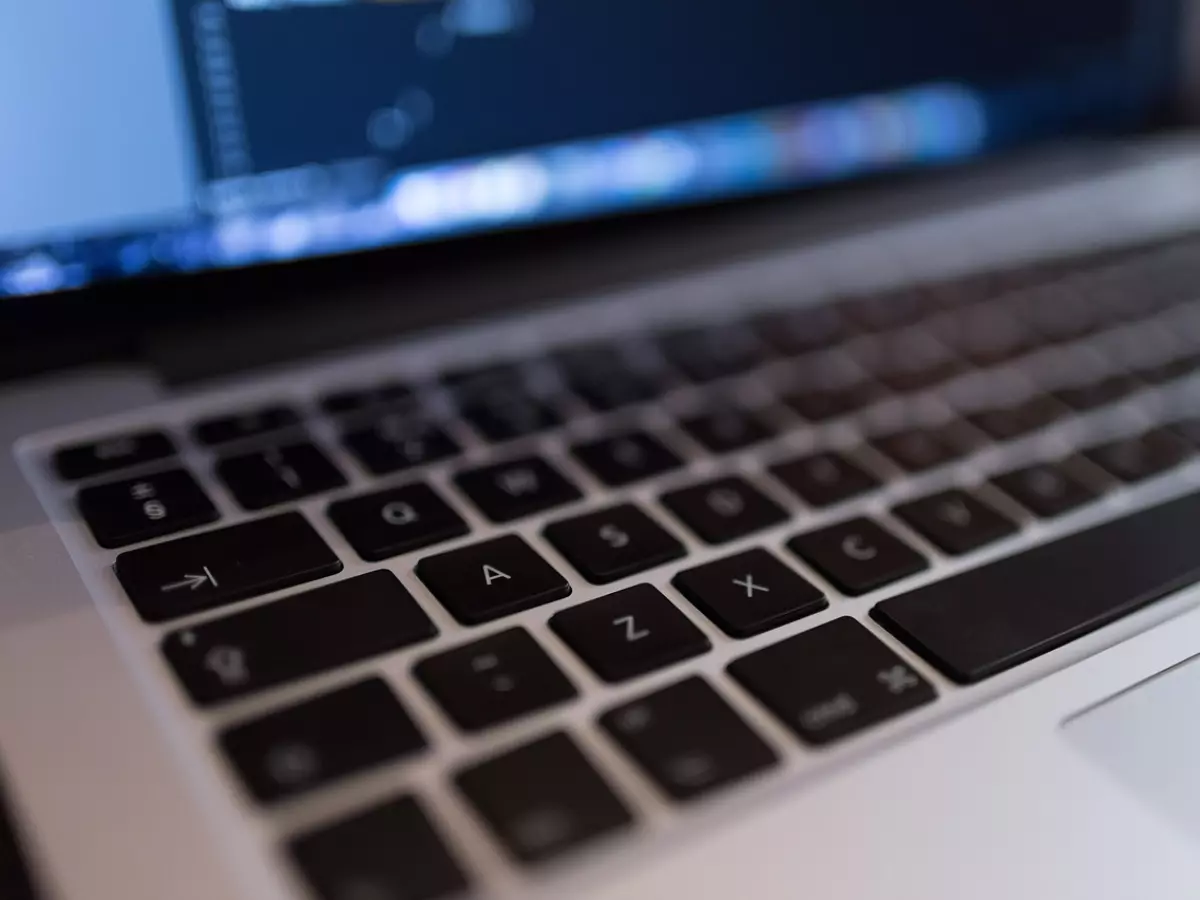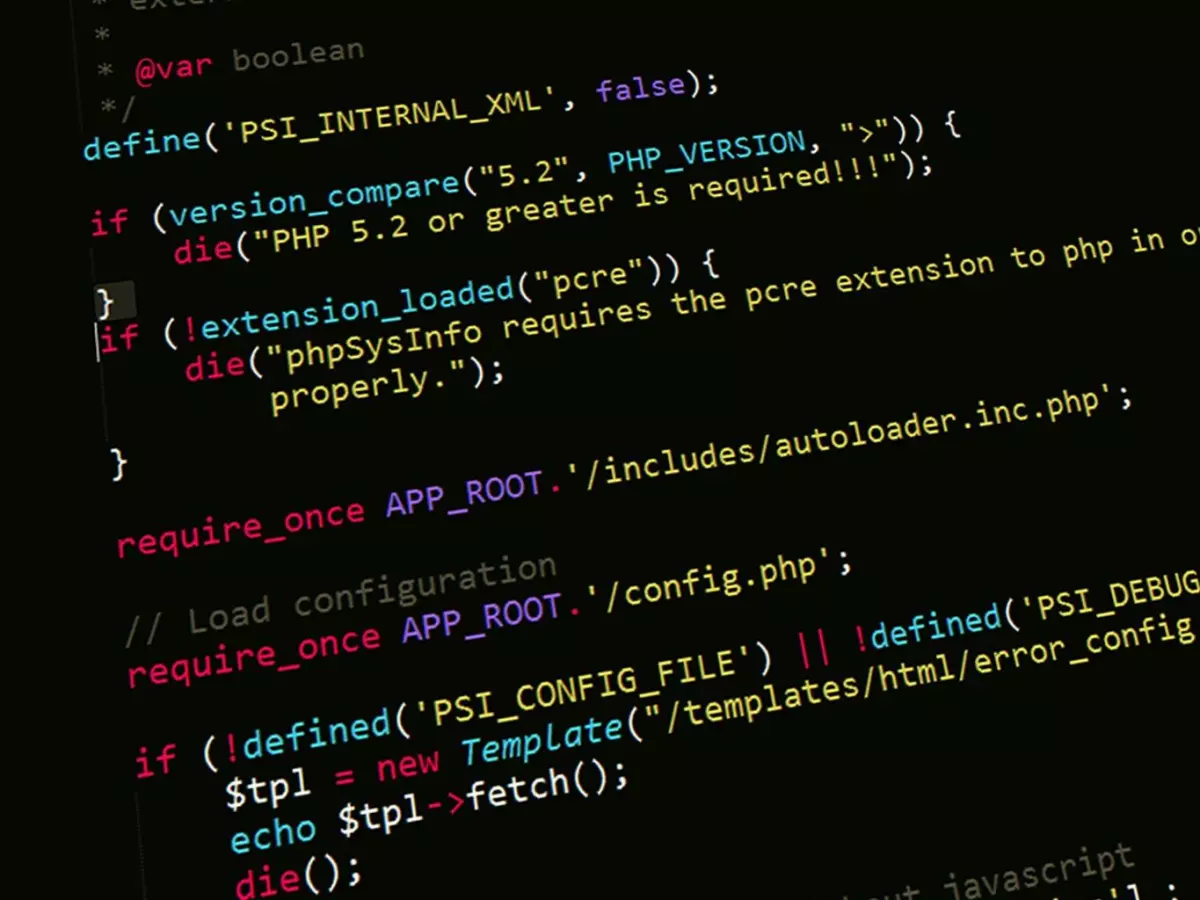Big Shift
I remember the first time I switched from one operating system to another. It felt like moving to a new country—exciting but also a bit intimidating. Now, imagine a tech giant like Huawei doing the same, but on a much larger scale.

By Wei-Li Cheng
In a bold and surprising move, Huawei has announced that its latest PC will be the last to run on Windows. Yes, you heard that right. The Chinese tech giant is officially parting ways with Microsoft's beloved operating system. According to Huawei's CEO, Yu Chengdong, the company is shifting its focus to its homegrown HarmonyOS for future PC products. This is a huge step, not just for Huawei, but for the entire tech industry.
So, why is Huawei making this move? Well, it’s not entirely unexpected. The company has been under intense scrutiny and sanctions from the U.S. government, which has limited its access to key technologies, including software. By developing its own operating system, Huawei is not only reducing its reliance on foreign tech but also positioning itself as a leader in the global tech landscape.
But let’s be real for a second. Switching from Windows to HarmonyOS is no small feat. Windows has been the go-to operating system for PCs for decades, and it’s deeply embedded in both personal and professional environments. HarmonyOS, on the other hand, is still relatively new and untested in the PC space. Sure, it’s been used in Huawei’s smartphones and IoT devices, but running a full-fledged PC? That’s a whole different ball game.
However, Huawei seems confident in its decision. The company has been investing heavily in its software ecosystem, and HarmonyOS is at the center of it all. By creating a unified platform that can run across multiple devices—from smartphones to smart TVs to PCs—Huawei is aiming to create a seamless user experience. Think of it as Apple’s ecosystem, but with a Chinese twist.
Now, the big question is: Will consumers embrace this change? Let’s face it, people don’t like change, especially when it comes to their tech. Windows has been a staple in the PC world for so long that many users might be hesitant to switch to a new, unfamiliar operating system. But if Huawei can deliver a smooth, user-friendly experience with HarmonyOS, it might just win over some hearts (and wallets).
It’s also worth noting that this move could have a ripple effect across the tech industry. If Huawei’s HarmonyOS proves to be successful, other companies might follow suit and develop their own operating systems, further fragmenting the market. This could lead to more competition, which is always a good thing for consumers. But it could also make things more complicated, especially for developers who would need to create software for multiple platforms.
In the end, only time will tell if Huawei’s decision to ditch Windows will pay off. But one thing’s for sure: The tech world is watching closely. If HarmonyOS can deliver on its promises, it could mark the beginning of a new era in computing.
As someone who’s been covering the semiconductor industry for years, I can’t help but think about the bigger picture here. Huawei’s move is not just about software; it’s about independence. By developing its own operating system, Huawei is taking control of its destiny in a world where tech companies are increasingly being caught in the crossfire of geopolitical tensions. It’s a risky move, but sometimes, you have to take risks to stay ahead of the game.
So, what do you think? Are you ready to say goodbye to Windows and give HarmonyOS a try? Or are you sticking with the familiar blue screen of Microsoft’s OS? Either way, it’s going to be an interesting ride.
And hey, if you’re feeling adventurous, maybe it’s time to switch things up—just like Huawei.





